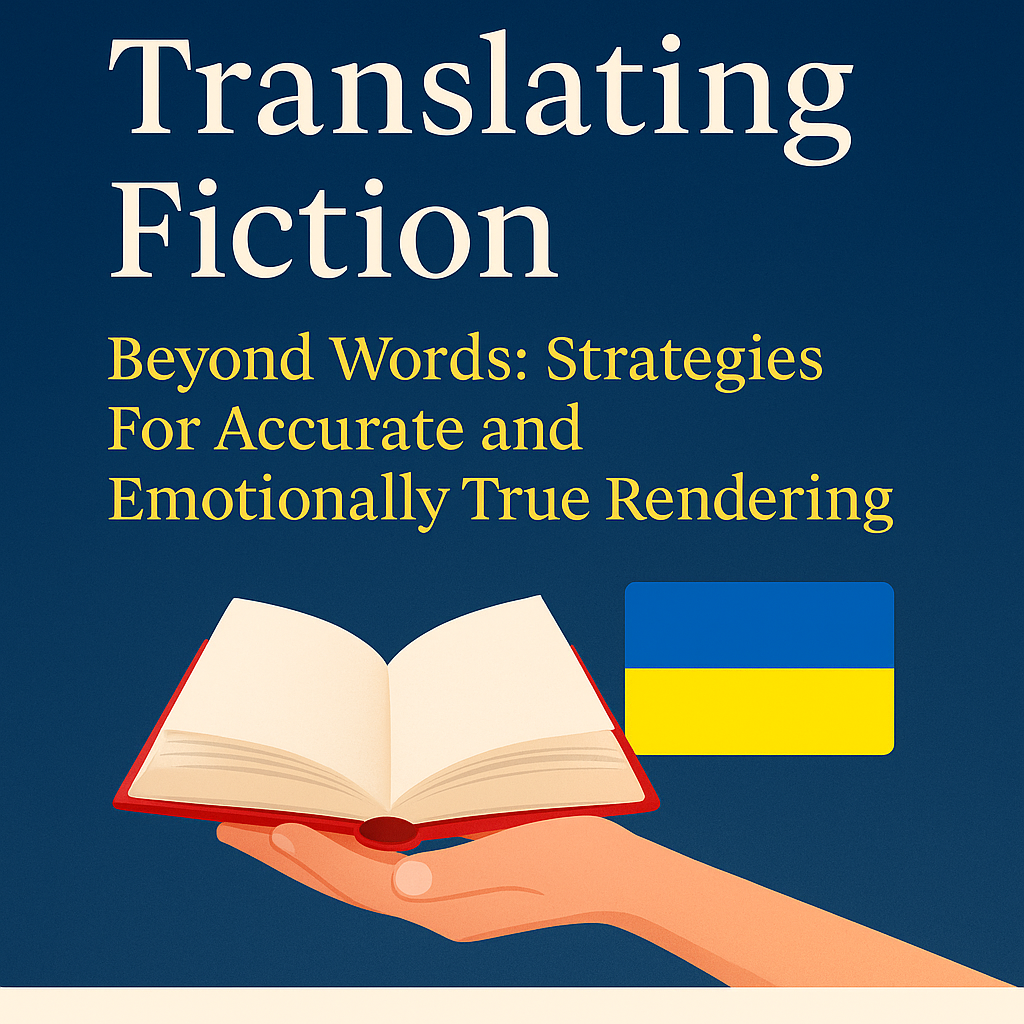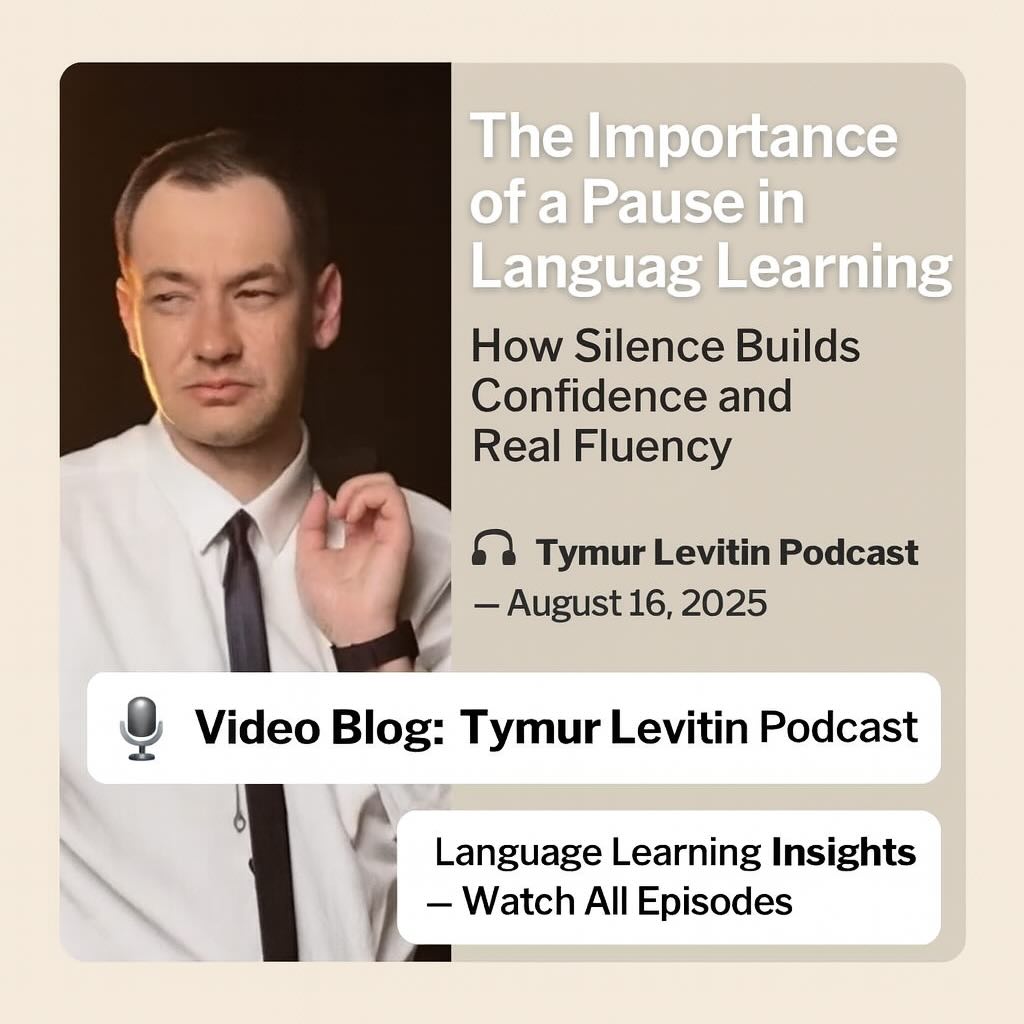作者: 泰穆尔-列维廷
Founder and Head Teacher at Levitin Language School & Start Language School by Tymur Levitin
© Tymur Levitin
The real art of translation begins where dictionaries end.
As a translator, language teacher, and university instructor with over 22 years of experience, I’ve seen one challenge rise above all others — translating not just the words, but the emotions behind them. This task becomes especially important in fiction, poetry, and culturally rich speech. Translating literally may be accurate, but that doesn’t make it right.
Example: “Моя душа як розбите дзеркало”
Let’s take a seemingly simple phrase in Ukrainian:
“Моя душа як розбите дзеркало.”
A word-for-word translation might read:
“My soul is like a broken mirror.”
It’s grammatically correct — but not emotionally effective. In English, this phrase may sound too literal or even awkward. It lacks the lyrical weight that it carries in Ukrainian.
A better, emotionally true translation might be:
“My soul feels like shattered glass — once whole, now reflecting nothing but fragments.”
This version maintains the symbolism of the mirror, adds a natural poetic rhythm in English, and transmits the emotional weight of broken identity or pain — exactly what the original line conveys. A translator’s task is not to mirror words, but to reflect meaning 和 preserve impact.
Three Kinds of Translators
In my experience, I’ve come to believe there are three types of translators:
- Literalist: Knows one option and always uses it.
- Competent: Knows several and stops to think which one fits.
- Masterful: Knows the options, understands the context, and chooses instinctively.
True mastery comes not from mechanical application of rules, but from years of working with real people, real situations, and developing a feel for language — a linguistic intuition. It’s the same principle we follow at 开始语言学校》,作者 Tymur Levitin: language is not memorized — it is 生活.
Why Emotion Matters in Language Learning
This applies not only to translation, but also to how we teach. At 列维廷语言学校, many of our teachers are certified translators, linguists, and practicing professionals in the fields of education and intercultural communication. This means we don’t just “teach a textbook.” We understand why certain words work, why others fail, and how emotional intelligence shapes communication across cultures.
探索更多
If this resonates with you, explore more of our insights here:
We believe language is not a code — it’s a human connection. And every student deserves a teacher who understands that.
📌 Learn with us. Speak free.
🎓 开始语言学校》,作者 Tymur Levitin — Global Learning. Personal Approach.
























